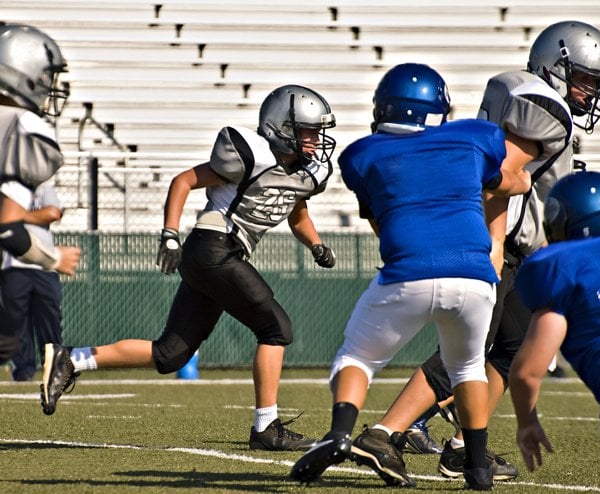The threat of cyberbullying isn't limited to any one group of kids. Students in the chess club are just as likely to be a victim of cyberbullying as students on the football team. If you don't believe that, then take a look at the story below.
KTTC News reported a case of cyberbullying at a local high school in Minnesota. In this case, members of the football team were caught engaging in cyberbullying. Here are some points from the case:
-
Football coaches at Southwest High School heard about instances of cyberbullying
-
Several players who engaged in cyberbullying were benched for a must-win game
-
The principal of the high school said cyberbullying can be more damaging than traditional bullying





















